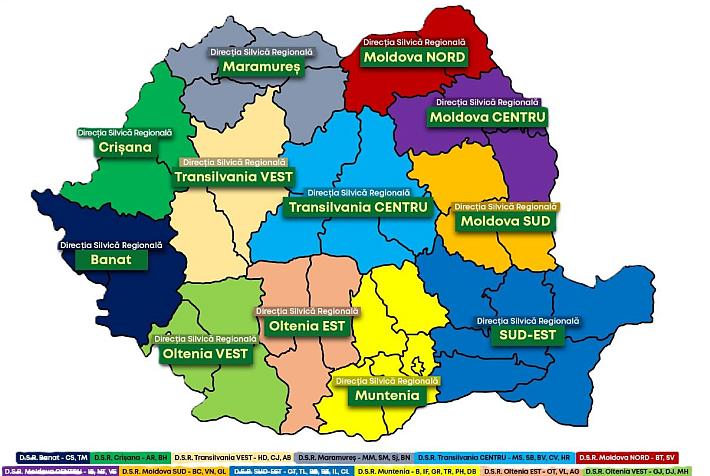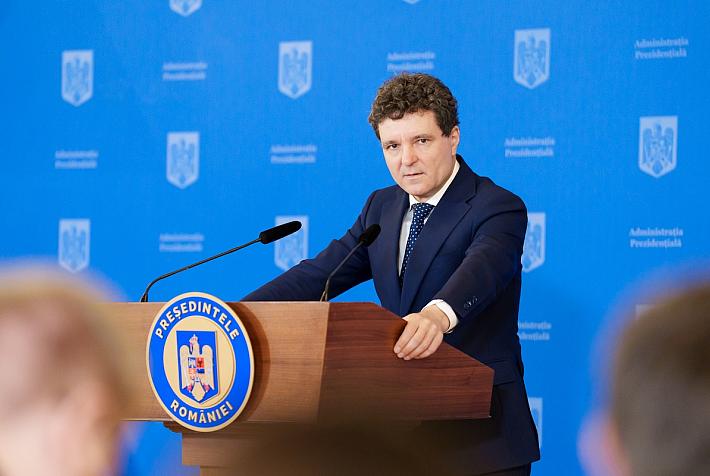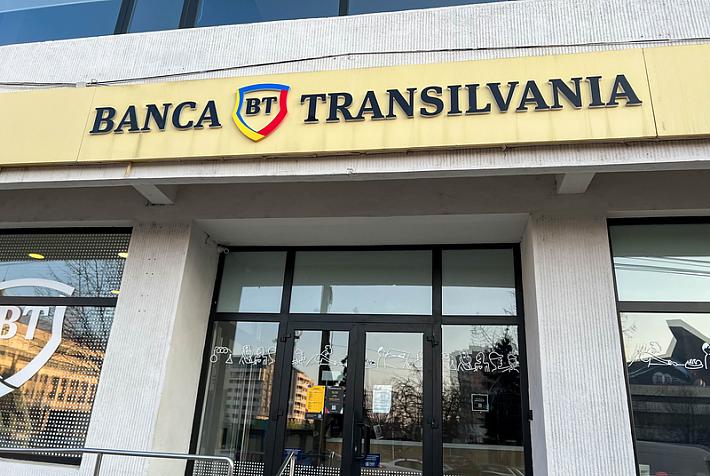Romania approves EUR 1 mln project for solutions to fight unemployment

 The Romanian Government has recently approved a EUR 1 million project to fight unemployment in the country. The new strategy will be financed with EU funds via the Human Resources Development Sectoral Operational Programme and involves a transnational partnership with the Dutch Ministry of Social Affairs and Employment and the Romanian Research Institute for Labor and Social Protection.
The Romanian Government has recently approved a EUR 1 million project to fight unemployment in the country. The new strategy will be financed with EU funds via the Human Resources Development Sectoral Operational Programme and involves a transnational partnership with the Dutch Ministry of Social Affairs and Employment and the Romanian Research Institute for Labor and Social Protection.
The main objective of this project, called Emplo-Net, is to promote experience and work practice sharing, in order to develop an inclusive labor market. Within 24 months, the Emplo-Net initiators aim to develop human capital and exchange information.
Still, there are no effective measures to be taken or implemented, since the programme itself is meant to be solely a strategy. Another purpose of this strategy is to include the long-term unemployed in its priorities, but the programme does not yet have quantifiable results concerning this matter.
The expected result of this project is finding a strategy to fight unemployment, as well as identifying another set of projects.
The program is supposed to be Romania’s response to Europe 2020 – Europe Growth Strategy, a strategy which aims to “boost growth and jobs”. Unlike the national strategy, the European plan has established five targets for 2020, including to fight unemployment and reach an employment rate of at least 75 percent.
According to the official web page of Europe 2020, Romania made limited progress in 2011, the employment rate still being a major issue for the country. In order to reach the objectives of this strategy, “Romania should step up efforts to accelerate the delivery of the Europe 2020 strategy as the basis for any new growth initiative.” In addition, the European Council’s recommendations regarding Romania include tackling unemployment and the social consequences of the crisis.
The latest report released by Romania’s National Statistics Institute (INS) shows a 7.7 percent unemployment rate with more than 700,000 people actively looking for a job.
Iulia Marin











